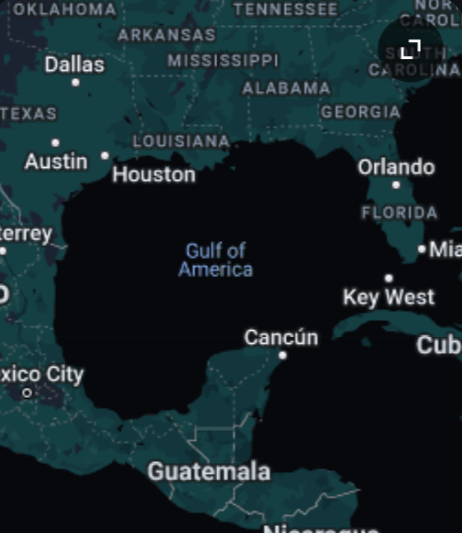Reasoning, science behind why animals live in groups
April 22, 2021
Have you ever wondered why fish swim in schools, birds fly in a flock, bees build hives, and ants make anthills?
According to Dr. Universe, which is a program from Washington State University, one of the reasons animals group together like they do is because living in groups like that help animals avoid getting eaten and attacked by predators. While this is something they do for defense, their grouping reasons can also be offensive too, some of these animals join forces to take down predators to acquire more food with less risk and less effort.
For example, animals such as rats, ravens, and ants find food, they return back to their colonies in order to let the rest of the group know where the food is located.
Another defensive reason some animals stay in groups is to protect and care for offspring. Animals such as sperm whales, warthogs, and some types of fish care for the young even if they are not their own, according to Charlotte Milling, a researcher at The Ohio State University. Milling studied wildlife sciences at Washington State University.
Biology teacher Mr. Brady Green says, “being in groups offers many advantages including strength in numbers, easier to find a mate, and in some cases like with fish they can appear larger to predators by schooling.”
Green says that he teaches about the grouping of animals in his Zoology class, he has also learned about this in school in several classes including evolutionary biology, zoology, and animal communication. He found that learning about the subject was “very interesting.”
The Michigan State University Extension has been working towards increasing science literacy across Michigan. To do this, they asked some kids to answer whether they believe that there is an advantage to living in a group. Their answers vary, but most kids responded saying yes.
Similar to the poll run in Michigan, there was also a poll conducted at North Harford asking whether the high schoolers here believe there’s an advantage to living in groups. 86 percent of the 200 people polled said that yes, there is an advantage to living in groups.
Their reasoning behind this varies, however, Josh Garret, Junior, says that “living in groups provides the animals in the group with the strength in numbers.” Another Junior, Emily Messick, who was on the opposing side, said “living in groups can make it easier for predators to spot them.”

















